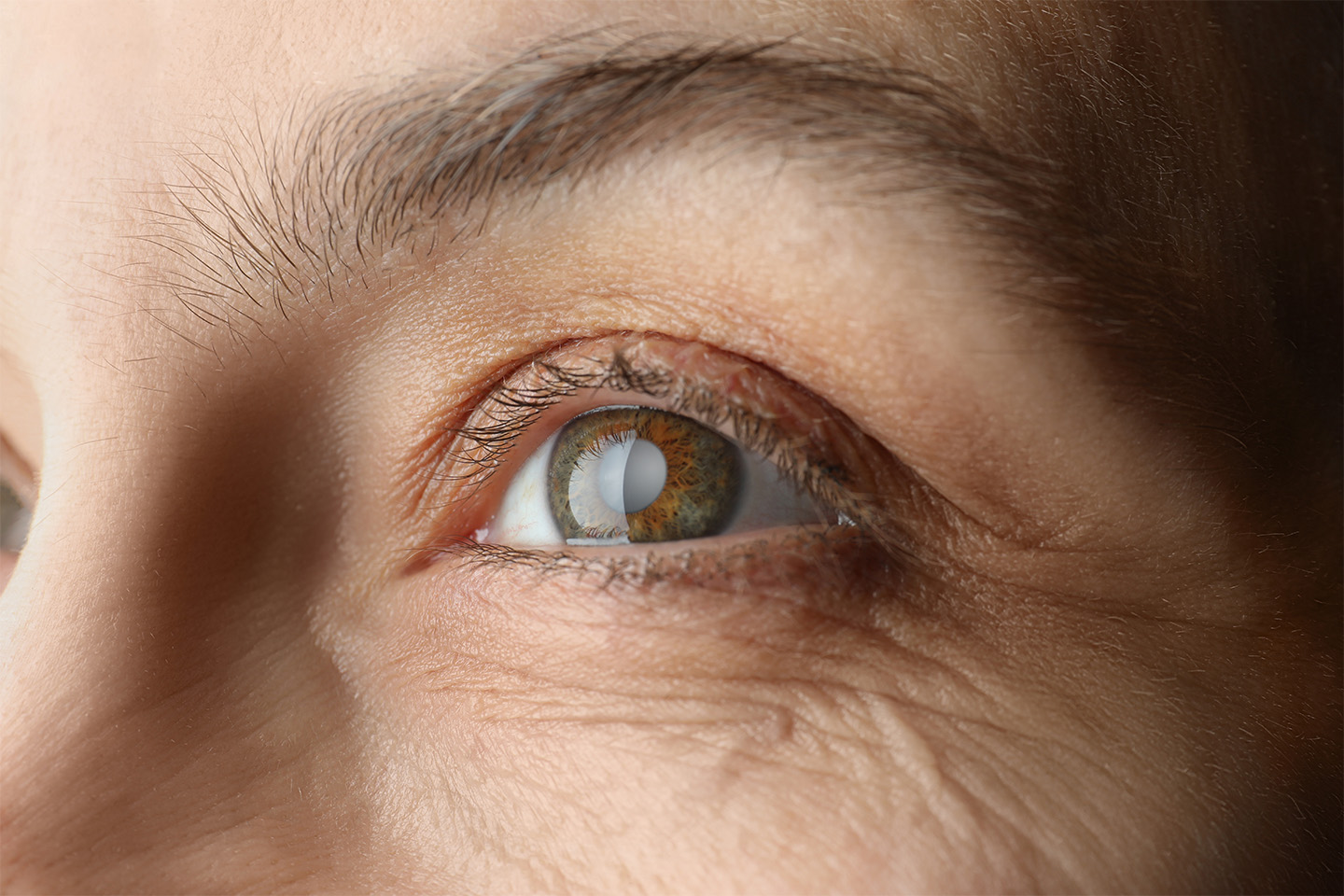How Long Does LASIK Surgery Last?

While LASIK results won’t fade, enhancement surgery can fine-tune results or counter naturally aging vision.
LASIK patients are often thrilled with how soon they “see” their results, with improved vision typically within the first 24-48 hours. But many potential patients still have the misconception that these life-changing results are only temporary.
In fact, because LASIK involves direct changes to the cornea, the corrections are not reversible, and the vision will not “backslide” to the old prescription. Still, patients should be aware that their eyesight may naturally continue to degrade over time, in some cases necessitating LASIK enhancements.
Seeing Results After LASIK
For many people, LASIK surgery means they wake up with a near-perfect vision the next day, or within the week. Some even see changes right after the surgery. However, there is still a healing period, and although the vision may be improved, there may still be symptoms like eye irritation, dry eyes, or glare. It can take some time for side effects to fully dissipate.
It’s not unusual for LASIK results to fluctuate during the stabilization period, which is typically about two weeks but can last as long as three to six months for patients with more intensive corrections, like astigmatism. During this period, you may also experience some glare or haloes, or even difficulty driving at night. After this point, the majority of patients experience stable and satisfactory results.
How Long LASIK Eye Surgery Lasts
It’s a misconception that LASIK results “wear off.” Because a laser reshapes the cornea, eliminating the existing imperfections that actually cause the poor eyesight, those imperfections do not return.
In some cases, the original surgery does not achieve the desired results, and if you are an appropriate candidate the surgeon may be able to perform an enhancement. For patients with an unsatisfactory procedure, this follow-up surgery can occur after the first three months of healing. Only 1-5% of patients need this kind of enhancement surgery, and surgical advancements mean that the percentage continues to drop.
Overall, some 90.6% of patients still have 20/20 vision five years after their original surgery. But for other patients, it’s true that vision can continue to change — this is especially common until your mid-20s, which is why you may be a more appropriate LASIK candidate if your eyesight has remained stable for at least two years. After the surgery, a patient’s nearsightedness, farsightedness, or astigmatism may progress and cause their vision to worsen.
For many patients, this amount is so slight that the change won’t impact their quality of life. But many patients with changing vision do choose a follow-up LASIK procedure. While for some patients the risks outweigh the rewards of enhancement, most patients with good eye health will be appropriate candidates for the fine-tuning surgery. If you do need LASIK enhancement, you should wait until your eye measurements have been consistent for at least three months.
Patients should also note that LASIK surgery can’t prevent the development of presbyopia, which often begins around the age of 40. At this age, the lens behind the cornea loses its ability to focus on nearby objects, and most people need reading glasses in order to see up close. In addition, LASIK doesn’t protect against cataracts in your 70s and 80s. LASIK enhancement can still be an appropriate option in middle age but may require special considerations.
The Right Time to Get LASIK
If you’re interested in LASIK, make an appointment with a doctor at Kleiman Evangelista Eye Centers of Texas. Our doctors will assess whether you’re a good candidate for LASIK or another laser correction procedure, and your years of excellent vision can start as soon as possible.
If you previously had LASIK surgery and suspect you may need an enhancement, our experts can help. The doctors at Kleiman Evangelista can explain your options and let you know what to realistically expect from a second surgery.
Turn To The Top Eye Doctors In Texas
Check out one of our locations below for the best eye care near you:
[DISPLAY_ULTIMATE_SOCIAL_ICONS]








